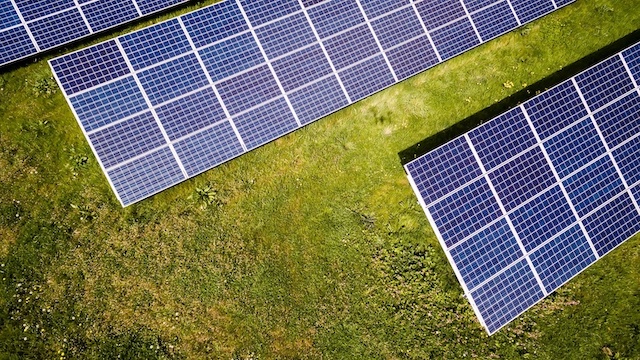Solar Financial Asset Management
Great renewable energy projects are easy to operate (here’s a guide on how to build easy-to-manage projects). And they have a well-structured financial asset management in place.
We already know that most renewable energy financial models are wrong. We’ve written about how to mitigate it. And we know that the best financial asset managers know how to work with that in mind.
But what is financial asset management? And what makes someone a good solar financial asset manager?
What is financial asset management in solar?
Financial asset management is everything involved in managing the business of the asset, from cash flows, invoicing, debt, loans, waterfall payments and more.
Financial asset management is anything involved in ensuring that solar projects and plants are built with assets that are financially sound.
What defines good financial asset management?
Good financial asset management is learning from data and taking pre-emptive actions. It’s practicing asset intelligence. It’s coming up with new ideas or altering old ones to better manage the asset and its bottom line.
Here’s something I’ve learned after years of being in this industry: there’s good asset management, and there’s adequate asset management. A lot of people think keeping a project financially afloat is good enough—and maybe for troublesome projects, it is. But if someone’s just checking boxes and doing what they said they would do, that’s pretty adequate asset management in my opinion.
An adequate manager gives you exactly what you asked for. You need a report monthly that gives you this number, and that figure and this dollar amount? Done. But a good asset manager does all of that, and also considers it their job to seriously consider the information coming in and present different ways to make better business decisions going forward.
What actions can you take to become a better financial asset manager?
A smart asset manager sees issues with something that’s currently happening, and immediately launches into a forecast of what this (perhaps minor) problem might mean down the road.
Maybe the waterfall payment scheme of the project won’t be fully funded (if you’ve never heard of a waterfall system before, think of it as a payment structure that resembles a champagne glass pyramid being filled…glasses at the top get filled first, and then the champagne spills down).
While they may work with accountants, it’s the asset manager’s job to make sure the waterfall is being properly managed and the correct rules have been set.
Or maybe, based on performance, the project will miss its target. Or it may go through a cash sweep. Good asset managers try to predict those outcomes and take the appropriate actions to either prevent or minimize the impact of these issues.
Basically, a good solar asset manager will minimize the risks around financial structure.
This can be through something as simple as putting infrastructure and measures in place to make sure invoices get out (and get paid) faster—we’ve written about the huge impact automating solar billing can have. Or they may seize an opportunity regarding the cash flow in advance of a problem, because a lot of the time, a project’s financial issues are purely about timing.
The project may look great on paper and the waterfall seems full…but if money isn’t being paid in a timely manner, all stakeholders can’t be paid on time and you may accrue unnecessary interest or run into other issues.
Good solar asset managers will be adamant that financial assumptions evolve: whether it’s looking at your budget and re-evaluating, or renegotiating certain aspects of your business.
Simply put, they’ll think about ways to improve how your asset functions financially. For example, by introducing new asset management software that streamlines several processes and eliminates overhead.
What are best practices in the solar industry regarding financial asset management?
I love this question. I’ll always give a short and sweet answer: re-evaluate the assumptions in your financial model regularly. They change. This is inevitable.
Rules and prices change—so should your assumptions. Check them regularly to make sure they hold true, and if they don’t, correct them. This will save you from many headaches and above all, from useless models.




